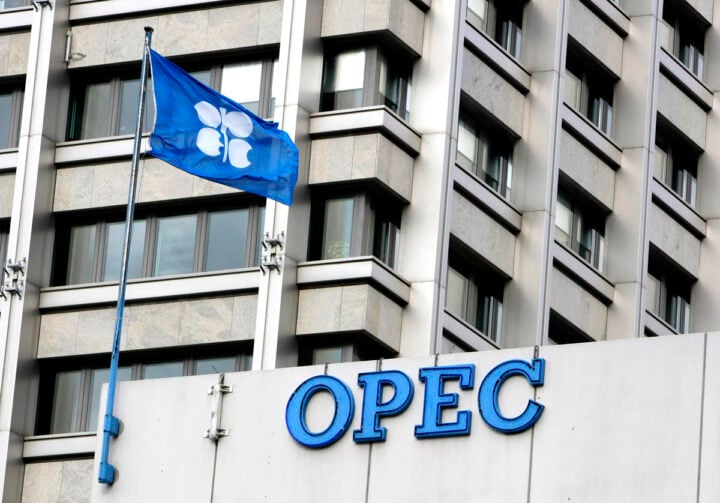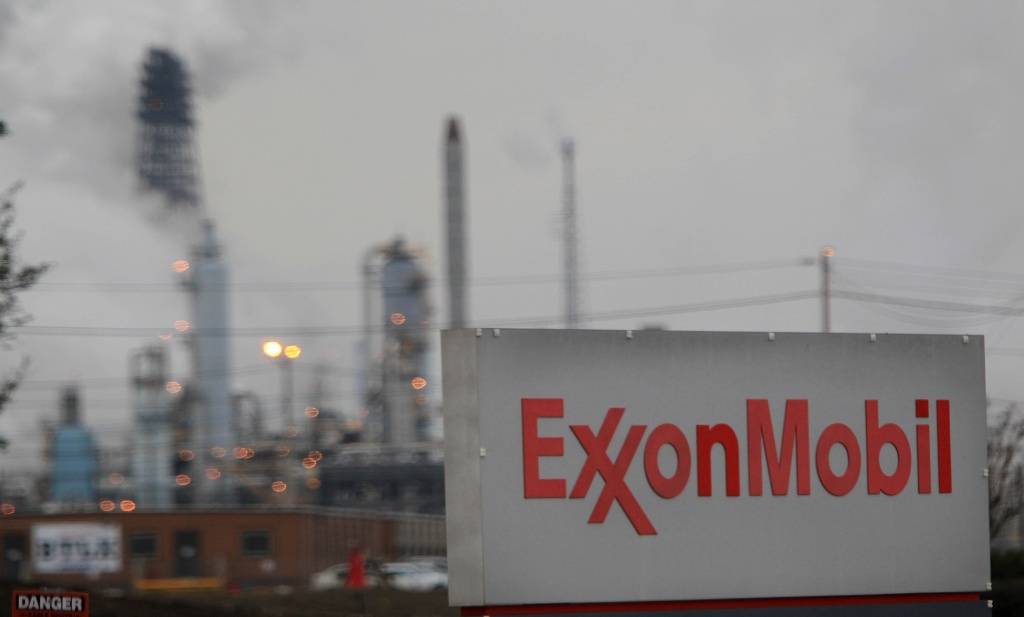The Organisation of Petroleum Exporting Countries (OPEC) has denied forecasting a global crude supply surplus in 2026.
A report had forecast global supply surplus due to broader production increases by OPEC+, citing the oil bloc’s November OPEC monthly oil market report (MOMR).
In a statement on Monday, the OPEC secretariat said the reference cannot be attributed to OPEC as it was not included in the November MOMR.
Such an interpretation, the oil cartel said, neither reflects the content of the report nor can it be drawn from the MOMR.
Advertisement
According to the statement, MOMR does not make any statement or forecast regarding “a supply surplus next year, nor does it provide an assessment that would support that conclusion”.
“Any such inference is the result of external interpretation and is not contained in the published analysis,” OPEC said.
“To reiterate, participants in OPEC+ retain full flexibility in pausing or reversing the return of voluntary production adjustments in 2026.
Advertisement
“It is vital that reporting on OPEC’s publications is done in an accurate manner and without statements or assumptions that are misleading, as they can also then be picked up by others.”
The group further encouraged relevant parties to “refer directly to OPEC’s official reports for accurate presentation of data and findings”.
According to the statement, OPEC’s publications aim to deliver transparent and objective information, “and the MOMR itself remains the definitive source for our near-term assessments”.
Also denying the claims, Haitham Al-Ghais, OPEC’s secretary-general, told CNBC in an interview that the report does not forecast any surplus for 2026.
Advertisement
“We do not preempt any ministerial decision that must happen. As you know, we have an agreement in place that ends at the end of 2026,” he said.
“In addition to that, there is the group of eight countries that meet on a monthly basis to take the necessary decisions while they have been carefully, gradually and cautiously returning barrels to the market for almost a year.”
Al-Ghais emphasised that while the report discusses trade surpluses in its economic section, it does not address surpluses in terms of market balances.
Advertisement






